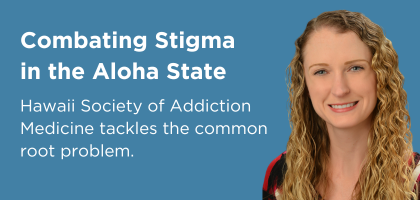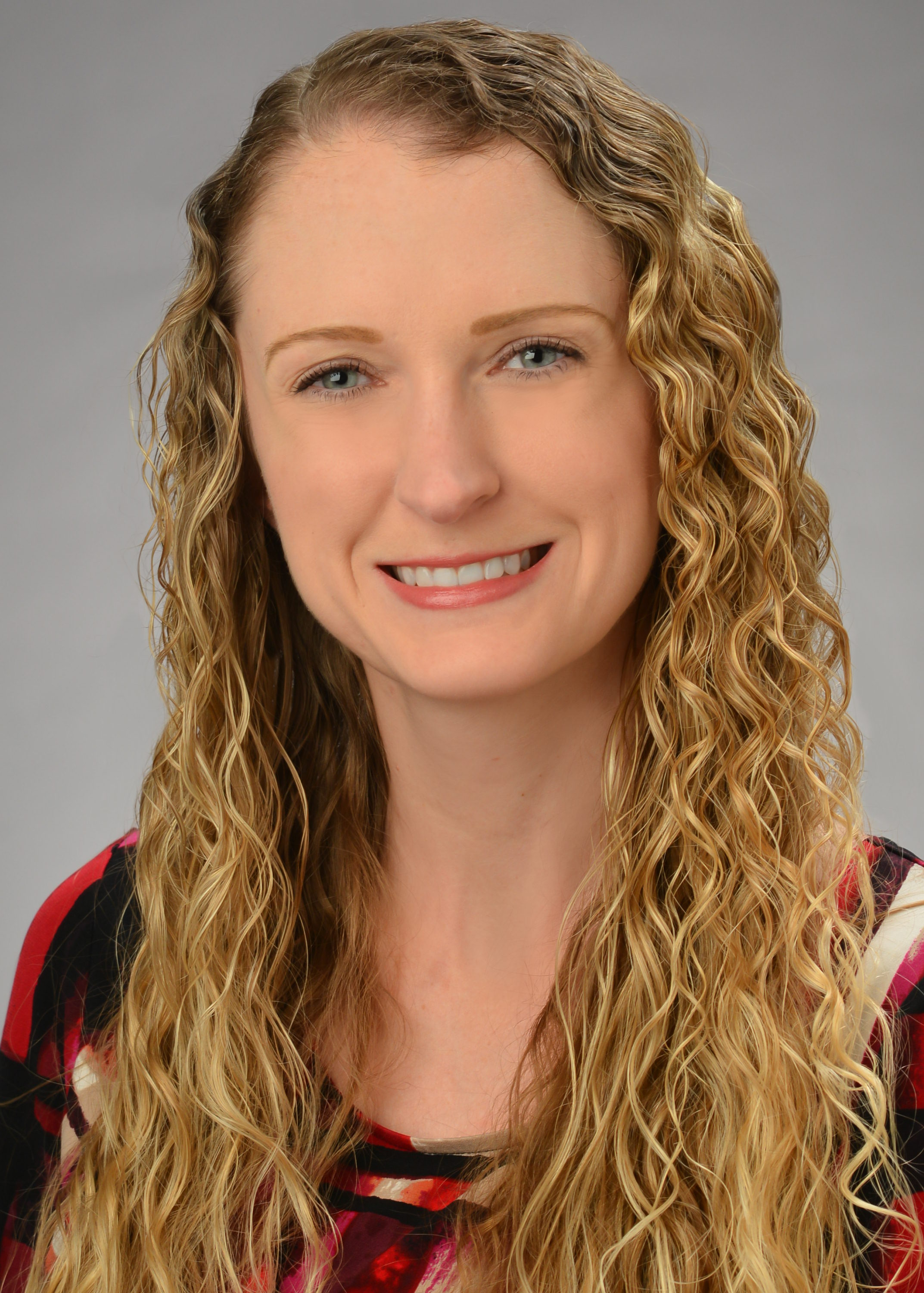Blog
Combating Stigma in the Aloha State

Although Hawaii is roughly 2,000 miles from the US mainland, its residents face the same addiction-related challenges as Americans in every other state. The Hawaii Society of Addiction Medicine (HSAM) has decided to tackle these challenges by addressing their common root problem.

Angela Gough, DO, FASAM, is the president of HSAM and an addiction psychiatrist at the Hawaii Health and Harm Reduction Center. According to Dr. Gough, “So many of the issues boil down to stigma, whether it’s a lack of resources or funding or addiction-trained physicians. I think some communities mitigate these challenges more effectively than others, but I don’t think any place is immune to them. We are certainly seeing that play out here in Hawaii.”
Dr. Gough, who was elected president of HSAM in 2020, said having a state chapter of ASAM has proven critical for Hawaii’s addiction medicine specialists.
“Hawaii is unique because our state is separated into islands,” she said. “We're very geographically separated from one another, so being a part of a state organization enables us to stay in touch, stay connected, share what we're seeing in our different islands, and share ideas. That sort of continuity and collaboration has been really helpful.”
HSAM recently took a monumental step, digitally connecting its membership, which doubled from 18 members to nearly 40 in the last year.
“Because addiction treatment can be so siloed and segmented, we have put together a really comprehensive database of all the addiction treatment facilities in the state,” Dr. Gough said. “It's online, searchable, and filterable by island, treatment setting, and population served.
“I think it has been helpful to have all of the resources in one place, making a search easier for both patients who are seeking treatment and providers who are looking for a place to refer their patient.”
HSAM has also partnered with numerous Hawaiian residency programs, along with addiction medicine and addiction psychiatry fellowships.
“We work with them closely,” Dr. Gough said, "and we co-sponsor the Hawaii Addiction Conference every year, in addition to a monthly Addiction Medicine Journal club to keep addiction in the conversation.”
Dr. Gough, who completed her addiction medicine fellowship in 2016 in Hawaii and joined ASAM and HSAM soon after, said her involvement in HSAM has influenced her career in many ways. For instance, being able to consult with providers on other islands whom she would not otherwise know has enriched her own practice.
“Even though addiction is a niche subspecialty, there are even more subspecialties within it,” she said. “Some providers have expertise in treating opioids or treating behavioral addictions. Within our organization, we have all of these experts, and we can consult with and learn from each other when we have difficult cases or questions. It also helps us all to stay up to date on state or federal laws or regulations.”
No matter where ASAM members live, Dr. Gough said she encourages them to get involved in their state chapter.
“It's so helpful to have a community of providers that you can lean on for support or guidance,” she said. “It's hard to practice alone. It's hard to stay up to date. It's a difficult field. The work is very rewarding, but it can also be very difficult. Having a group of colleagues that you can share your experiences and challenges with is so beneficial. It can prevent burnout and help us maintain the